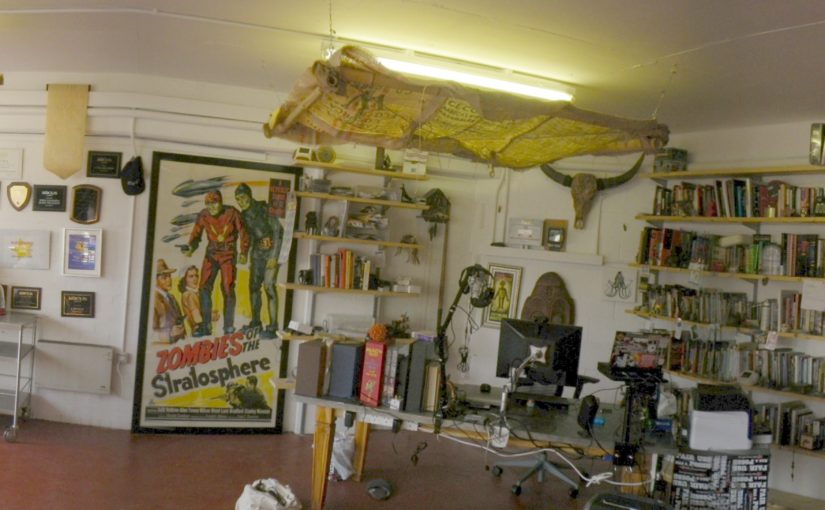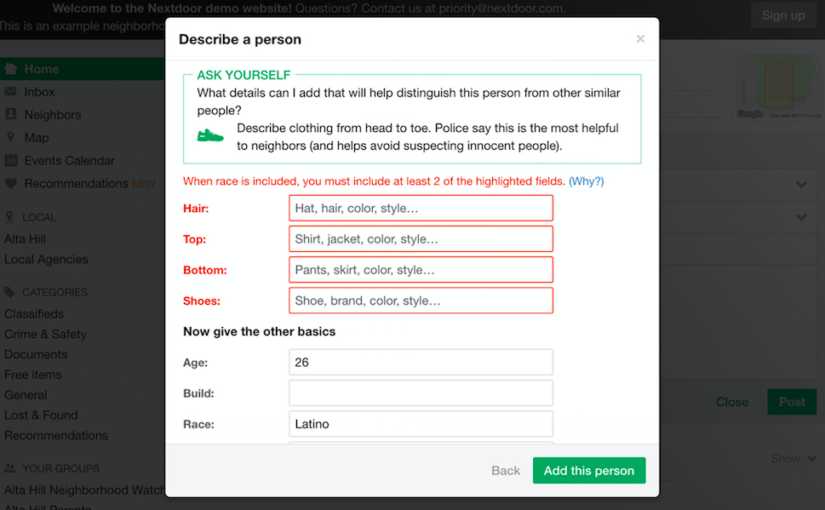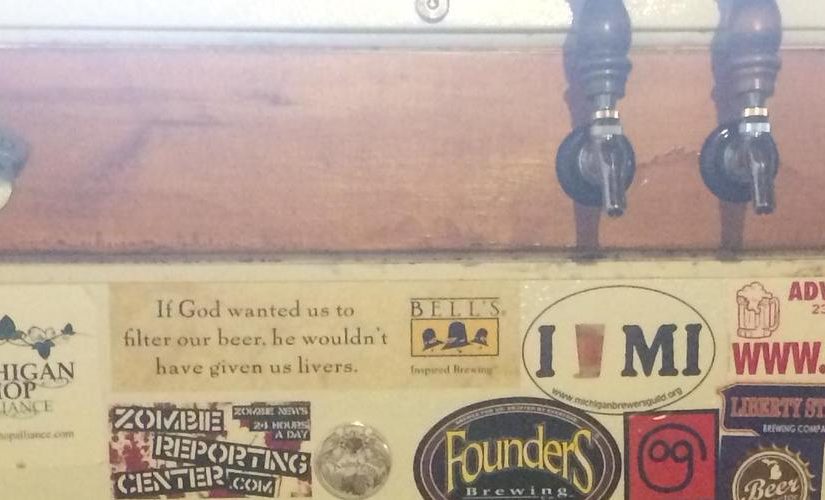This Guy Studies Man Caves for a Living; Here’s What He’s Learned
There’s a lot of good stuff in here, but the most interesting thing to me was that a man caves are an aspirational space driven by loneliness. If you build it they will come.
Almost every guy tells me he’ll use it to “have people over and entertain.” The conversation gets awkward, though, when I ask him who he’ll have over. Because often, the men will explain, “I don’t have time to have friends over right now. I work a lot and I have children, so I don’t really have friends. But eventually this will be a neighborhood hangout for guys.”
…
I think it plays into the idea of man caves being a fantasy — a fantasy of male friendship and camaraderie. Research shows that men don’t have as many friends as women, and the kinds of friendships they do have are much less meaningful than those available to women. So maybe part of what they’re building with a man cave is a fantasy of different relationships with men.
Maybe man caves are a symptom of the loss of third places in our lives. We build home bars because our zoning laws prevent us from putting a neighborhood pub actually in a neighborhood. All these people are building a shared space in their home with no one to share it.
The piece also says a bit about the amount of control men feel they have over their spaces as well as their awareness of women’s experience of space in the home.
When I’ve asked straight men what role a man cave plays in their relationship, the most common answer I get is, “I feel like the whole house is hers. And this is a space for me.” When I follow up with, “Okay, but do you think she has spaces in the house as well?” They typically respond, “Absolutely! She has tons of spaces that are essentially hers.” When I press them on which rooms those are, they list off rooms associated with domestic labor, not with leisure — the kitchen, the laundry room, etc.
I think some of this has do with the fact that men feel as though the domestic space isn’t something they have ownership of. I also think it’s a result of men getting more leisure time than women in heterosexual relationships.
Me, I don’t have a man cave. I just have a basement office that I can hang ugly clown paintings, that has my work computer, gaming PC, some various computers I tinker with, a kegerator… OK, but it’s not a man cave because it’s not finished yet…
Photo credit: Cory Doctorow (CC BY-SA)







